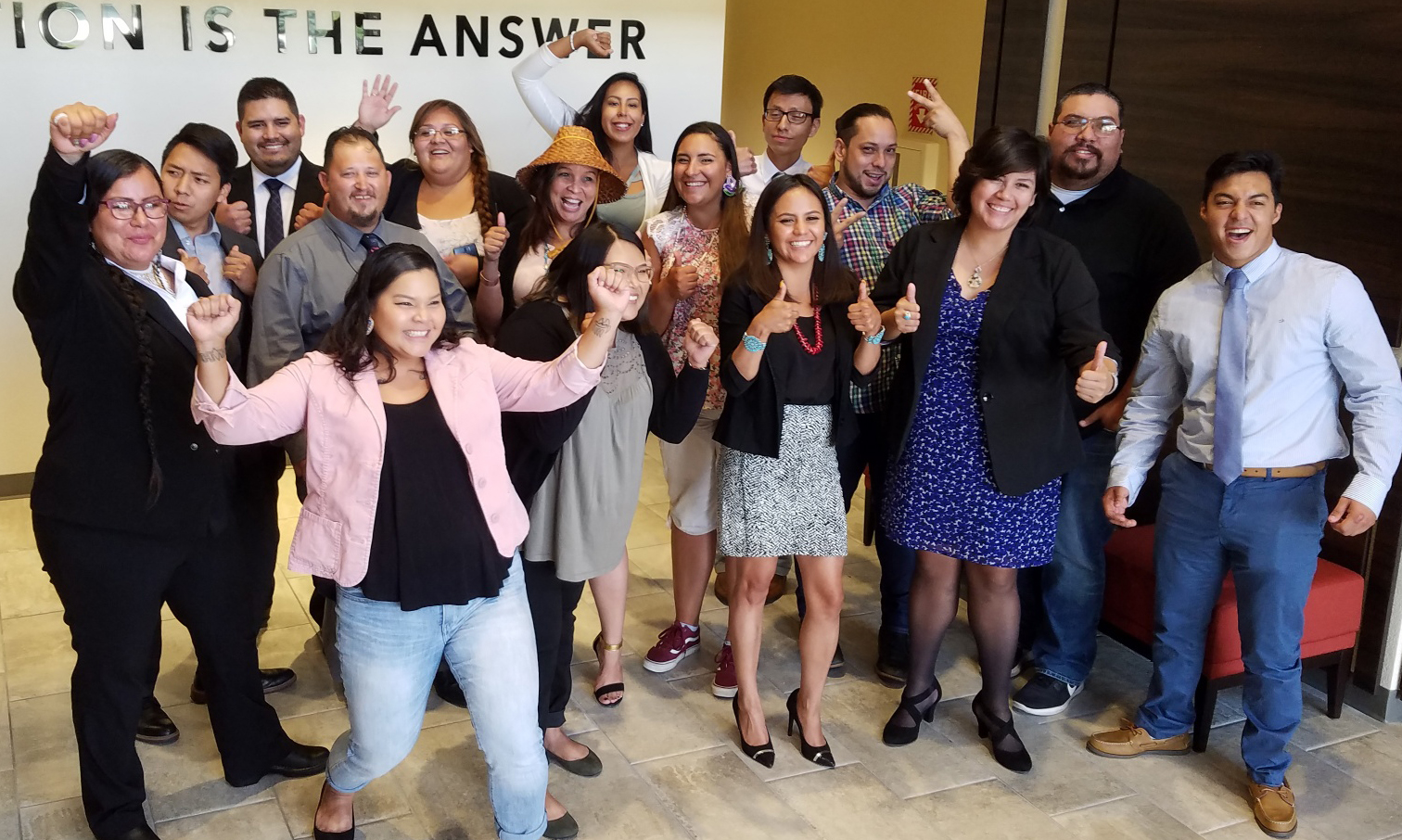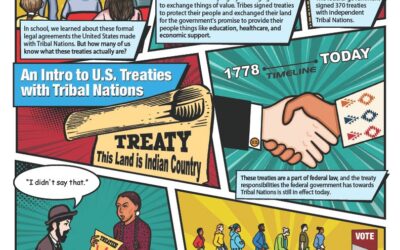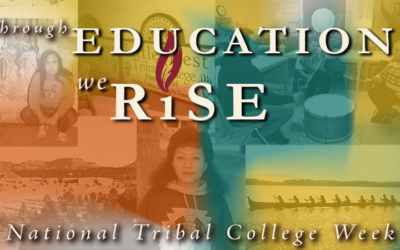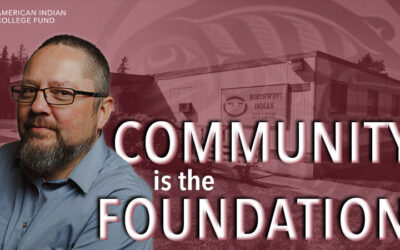Student Development
Explore Development Opportunities
Study Skills
No matter what your grades are, everyone needs some guidance to find success in the classroom. Here are some resources to help you develop the best study habits and skills you’ll need to get your degree:
What are Office Hours? – by Andrew Ishak
Time Management: TCU Video Project Series
Focus 2 Self-Assessment
Many people struggle with choosing an academic major during school, or job industry after graduation, but choosing a path is important when choosing your classes, internships and other career opportunities.
Focus 2 combines self-assessment, career and major exploration, decision-making and planning in one place. By matching your assessment results to career options and majors/programs for your consideration, FOCUS 2 guides you through a career and education decision-making model to help you make informed career decisions and take action in planning your future.
To use this free service, register to create an account with the access code collegefund. From there, you can take each test- personality, interests, values, and skills- to build your academic and career planning profile. Print your profile to share with an academic or career counselor or mentor to discuss your career plan or transition to a new profession.
Money Management
It is also important to understand budgeting, credit, and debt management – to help you to make responsible decisions in school, and prepare for your financial life after school. Learn about the following topics in related posts — your financial future depends on it.
- Money Management — Developing Common Cents (College Fund)
- Per Cap (First Nations Development Institute)
- Financial Skills for Families (First Nations Development Institute)
- Developing Your Vision: Managing Your Money
- Your First Bank Account
- Childcare Costs (and Ways to Reduce Them)
- When Your Child Has Special Needs
- Caring For Aging Parents
- Children and Family Considerations
Student Ambassador Program
The American Indian College Fund Ambassador Program was established in 2015 to strengthen students’ and alumni personal and professional skills and to represent the College Fund.

Our Blogs
Help the College Fund Protect Voters and Oppose the SAVE America Act
The American Indian College Fund provides vital information to our students and others in our communities to help them navigate the voter registration and voting process, because American Indians and Alaska Natives are impacted more heavily by federal laws and regulations than any other group in America due to our political status.
Circle of Hope Winter 2026
| Winter 2026 | Circle of Hope Setting Native Students Up for Success Dear Friends and Relatives, Typically, this is the time of year when things rest, restoring themselves for spring growth. Where I come from, the Rosebud reservation in South Dakota, animals...
TCUs’ Unique Take on the Purpose of Education: A Reflection for National Tribal Colleges and Universities Week
During National Tribal Colleges and Universities Week, our Senators and Representatives learn about the perspective of higher education, not as an impersonal experience that results in higher earnings, but as a sharing of knowledge and deepening of relationships that leads to graduates who are not only higher earners but invested members of their community and country.
Breaking the Cycle – Finding Purpose and Building a Foundation Through Student Success
By Robert DeCoteau, Director of Workforce Education, NWIC My own academic journey started right here on the Lummi Reservation, where I grew up. I’m not someone who followed a traditional path – I dropped out of school, worked various jobs, and later returned to...
Breaking the Cycle – Considering Barriers to Higher Education
By Robert DeCoteau, Director of Workforce Education, NWIC As educators and funders, we often step in with grand plans and resources, hoping to steer young Native Americans towards success. But do we truly understand their worldview, their motivations, their...





